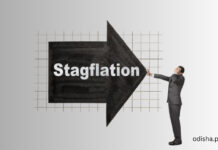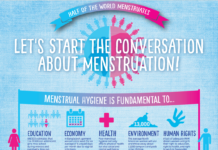Rajesh Barik
Recently, the Odisha state government has passed an anti-beggary bill in the state assembly. The bill strictly bans the beggars (including the transgender people) from begging in any public places or any tourist places. This bill has not only banned the begging activities; rather, it has also criminalized the bagging activities by producing the beggar before the judicial magistrate and putting them in jail for 15 days.
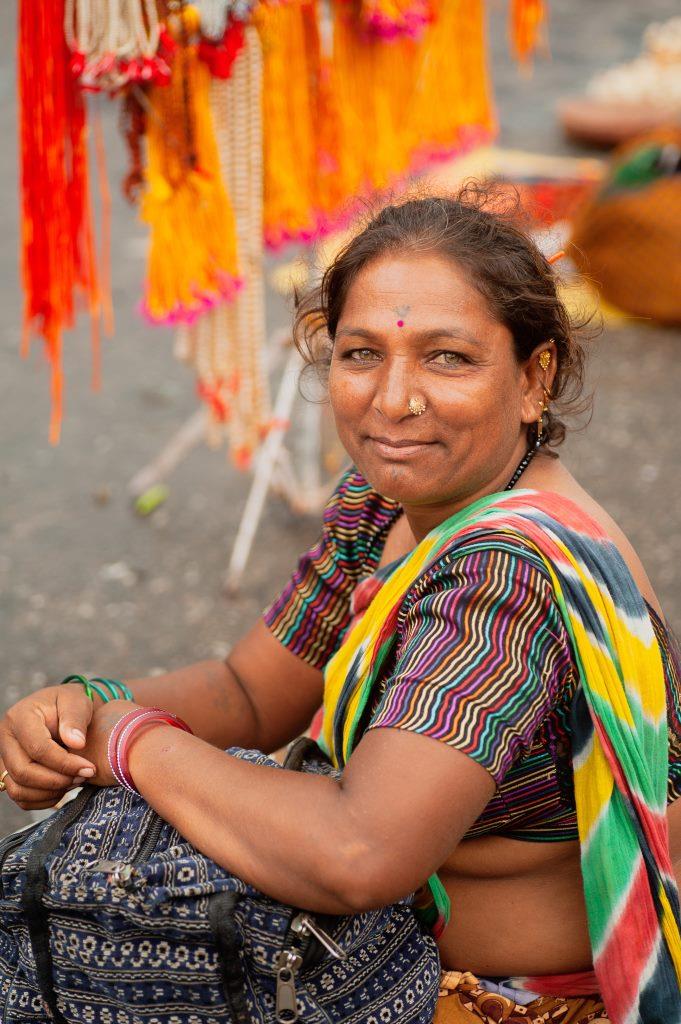
Though the state is planning to build a shelter house to rehabilitate the beggars but the future prospect of the transgender people’s life has raised a big question for the trans activists and trans people as well. Because the transgender people have their own community centre to stay and they engage in the begging activity to earn their basic income. Now, this anti-begging bill will take away their primary source of earning.
Additionally, the outbreak of Covid-19 pandemic has created a terrible economic shock in the lives of transgender people. The cumulative effect of loss of traditional jobs, lack of family support, and governmental neglect have left the transgender with hunger, starvation and mental distress. Earlier the transgender people managed to earn the required amount of money for their survival from their traditional jobs like begging in the trains/streets, sex work, and Badhai activities.
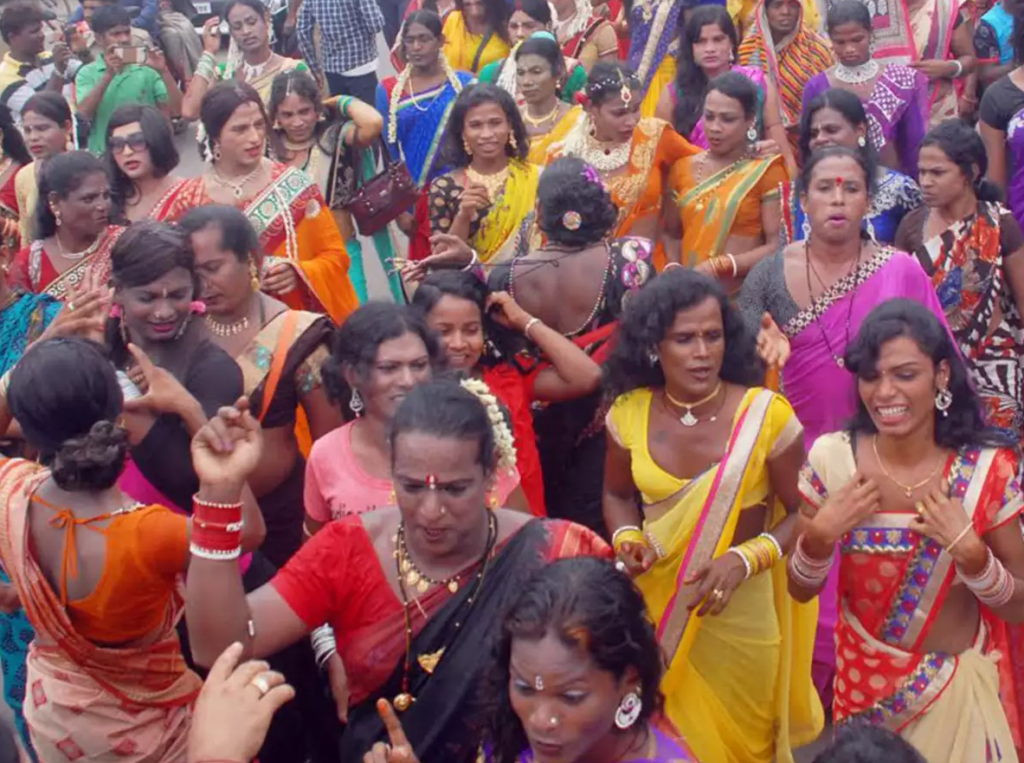
But the sudden outbreak of Covid-19 has snatched away from their conventional jobs by putting heavy restrictions on their social mobility and has left them to suffer from unemployment and hunger. The current pandemic has caused a severe disruption in both the lives and livelihoods of the transgender people.
At this current juncture of the economic crisis in the transgender people’s lives, the provision of microcredit through microfinance institutions (MFIs) or from the government will help to provide them a sustainable and dignified life. Like women, transgender people are also deprived while it comes to the accessibility and usability of their basic financial services from the formal financial institutions.
An inclusive financial system is essential to transfer the economic power to such a socially stigmatized and marginalized gender group people. The availability of easy and affordable microcredit to the transgender people will have a significant impact on their economic entitlement.
The access to credit from the formal financial institutions is always associated with the capacity of the borrower to repay the loan. In a highly patriarchy society like ours, it is believed that women earn less profit in business than their male counterparts, and they possess less ability to repay loans. This mindset restricts women to access credit from the bank or other financial institutions. But the provision of microcredit through various self-help groups (SHGs) has somehow filled the financial inclusion gap among the women.
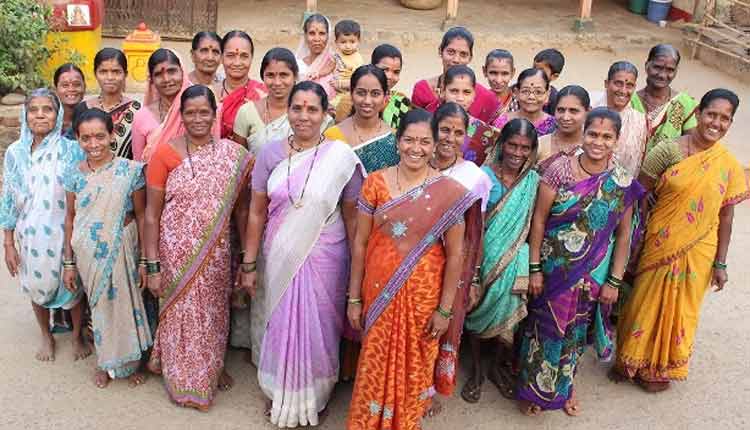
Unlike women, transgender people have different reasons for their exclusion from the formal financial system. Because of their distinctive gender identity, low financial literacy/awareness, lack of legal identity proof, lack of collateral value and discriminatory practices by the bankers’, transgender people are still deprived of accessing their basic banking services.
Correspondingly, we have often heard many business stories of transgender people who successively run their small businesses like tea stall, beetle shop, small Dhaba, street vendor, and other kinds of small business. In this respective, it can be expected that providing small and microloans to the transgender through the MFIs or from the government departments, will increase their cash flow and will assist them to invest the obtained credit on their small business.
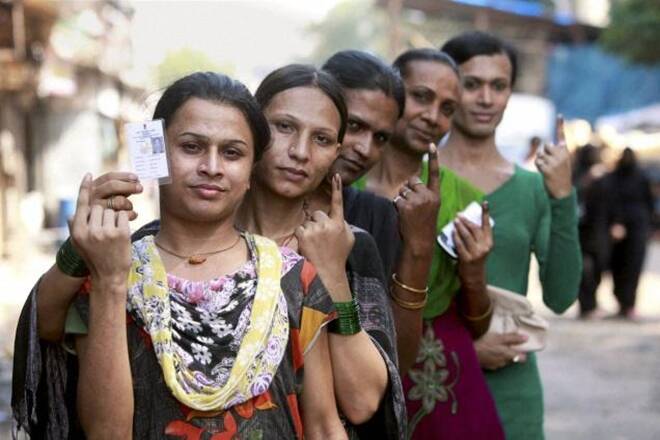
Furthermore, it will be easier for the transgender community people to be associated with the MFIs. Because, unlike formal sector banks, which requires more legal documentation, collateral mortgage and strict supervision, MFIs provides loans to the clients even if the clients do not own any collateral mortgage in their name. Moreover, the process of loan provision in MFIs is based on the principle group lending and joint-liability system. As all the transgender people stay in their community centre, hence it would be quite easy for them to form groups among them and to obtain microloans.
As a result of this, those transgender obtain credit and engage themselves in the small business will have a sustainable and dignified life through self-employment and can secure themselves from the future adverse economic shocks. Additionally, this enhancement of microcredit can provide them with adequate credit, reduce their financial risk, enhance investment, encourage spending more on health and will also promote the culture of transgender entrepreneurship in our country. On the other hand, these transgender people will not opt for further begging in public places, and the aim of beggar free society can be established in Odisha.
(Author is a Doctoral Scholar in Economics at IIT Indore. Views are personal.)











